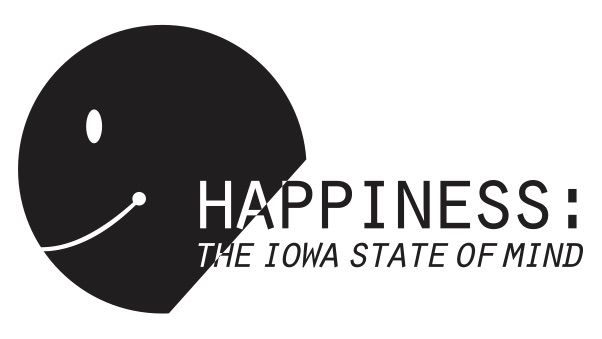Letter: Help yourself by helping others
April 24, 2017
Merriam-Webster defines altruism as an unselfish regard for or devotion to the welfare of others, which aligns with this week’s activities of committing conscious acts of kindness. We can be kind in many ways, ranging from physically helping a stranger in need to simply listening to a friend. Intentionally recognizing that others have needs and goals helps us to become more conscious of these issues and can make it easier to act altruistically to make a difference in the lives of others, even if seemingly small.
In addition to helping others, research shows that such acts of kindness are also connected to the well-being of people who act kindly themselves. The work of Post illustrates that altruistic acts can promote emotional well-being and decrease depression. The work of Schwartz and colleagues found that “giving help was a more important predictor of mental help than receiving help.” Thus, while sometimes people think of acts of kindness being a one-way street, in which there is someone who benefits (the recipient) at the cost of another (the producer), research shows that engaging in altruistic acts can promote mental well-being for the producer as well.
The reflections from the participants this week were interesting. Several participants believed that this was a difficult activity. Committing conscious acts of kindness can be difficult, but perhaps sometimes we overthink it. Our acts do not need to be grandiose; they can be small, but meaningful actions. These will vary from person to person and context to context, but recognizing the value of altruism, not only from the common sense (“it is good to help other people”) point of view, but also from a research perspective, we can recognize that through helping others we can also help ourselves. This seems like a good deal to me.







